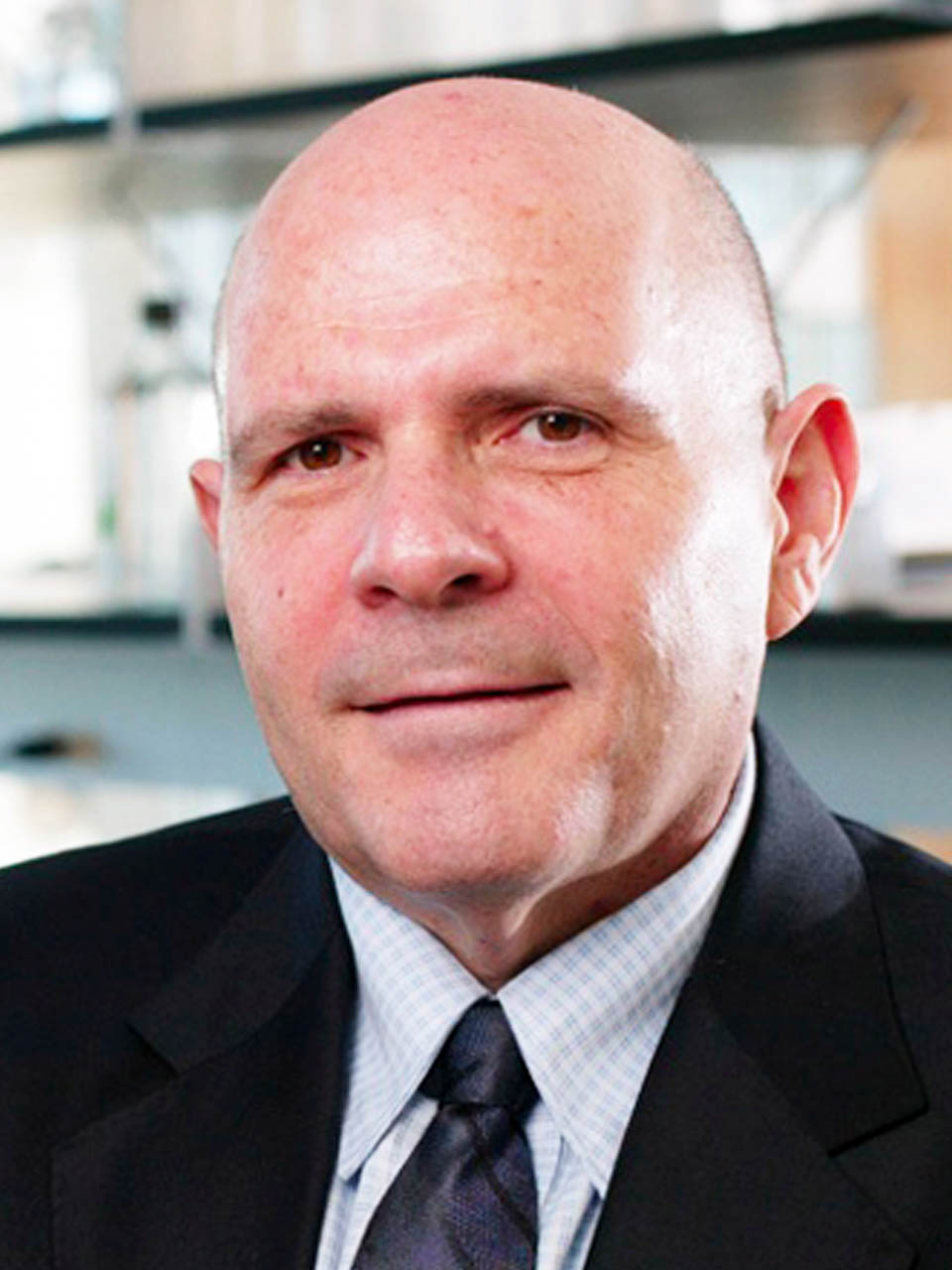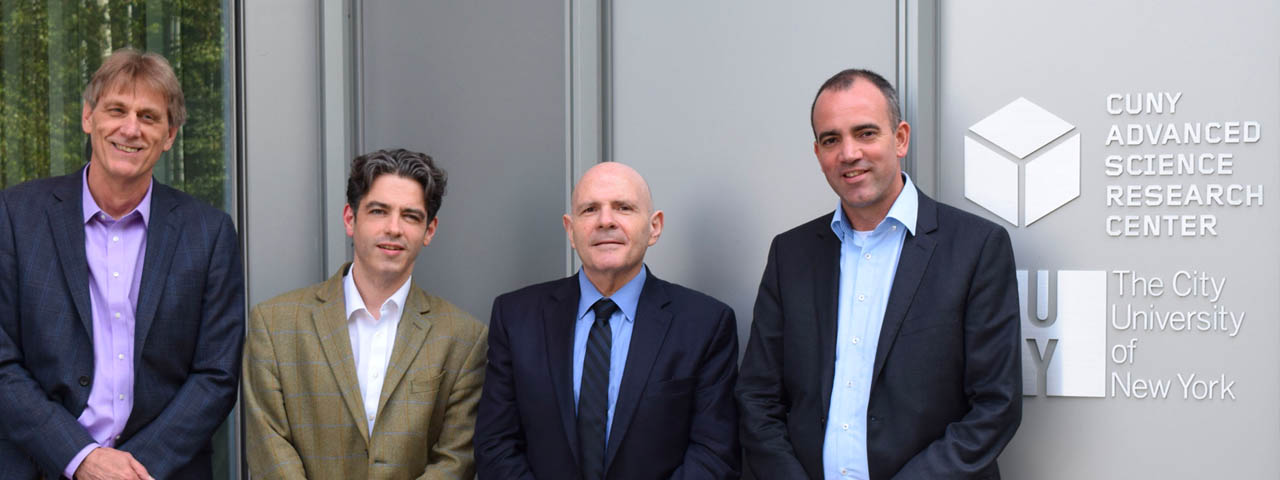
The CUNY Advanced Science Research Center Nanoscience Initiative’s External Executive Committee is compromised of scientific researchers from internationally-recognized institutions throughout the world who are among the leaders in their field. We are delighted to have appointed leading four leading nano scientists, Samuel Stupp, Joanna Aizenberg, Lee Cronin and David Lynn, who together offer an extensive range of expertise, experience and skills.
Joanna Aizenberg
Amy Smith Berylson Professor of Materials Science and Professor of Chemistry and Chemical Biology, Harvard University
Joanna Aizenberg, PhD, pursues a broad range of research interests that include biomimetics, self-assembly, smart materials, bio-nano interfaces, crystal engineering, surface chemistry, nanofabrication, biomineralization, biomechanics and biooptics. She received the B.S. degree in Chemistry in 1981, the M.S. degree in Physical Chemistry in 1984 from Moscow State University, and the Ph.D. degree in Structural Biology from the Weizmann Institute of Science in 1996.
Joanna is the Director of the Kavli Institute for Bionano Science and Technology and Platform Leader in the Wyss Institute for Bioinspired Engineering at Harvard University. She has served at the Board of Directors of the Materials Research Society and at the Board on Physics and Astronomy of the National Academies. She served on the Advisory Board of Langmuir and Chemistry of Materials, on Board of Reviewing Editors of Science Magazine, and is an Editorial Board Member of Advanced Materials.
Aizenberg is elected to the American Academy of Arts and Sciences, American Association for the Advancement of Science; and she is a Fellow of American Physical Society and Materials Research Society. Dr. Aizenberg received numerous awards from the American Chemical Society and Materials Research Society, including Fred Kavli Distinguished Lectureship in Nanoscience, Ronald Breslow Award for the Achievement in Biomimetic Chemistry, Arthur K. Doolittle Award in Polymeric Materials, ACS Industrial Innovation Award, and was recognized with two R&D 100 Awards for best innovations in 2012 and 2013 for the invention of a novel class of omniphobic materials and watermark ink technologies.
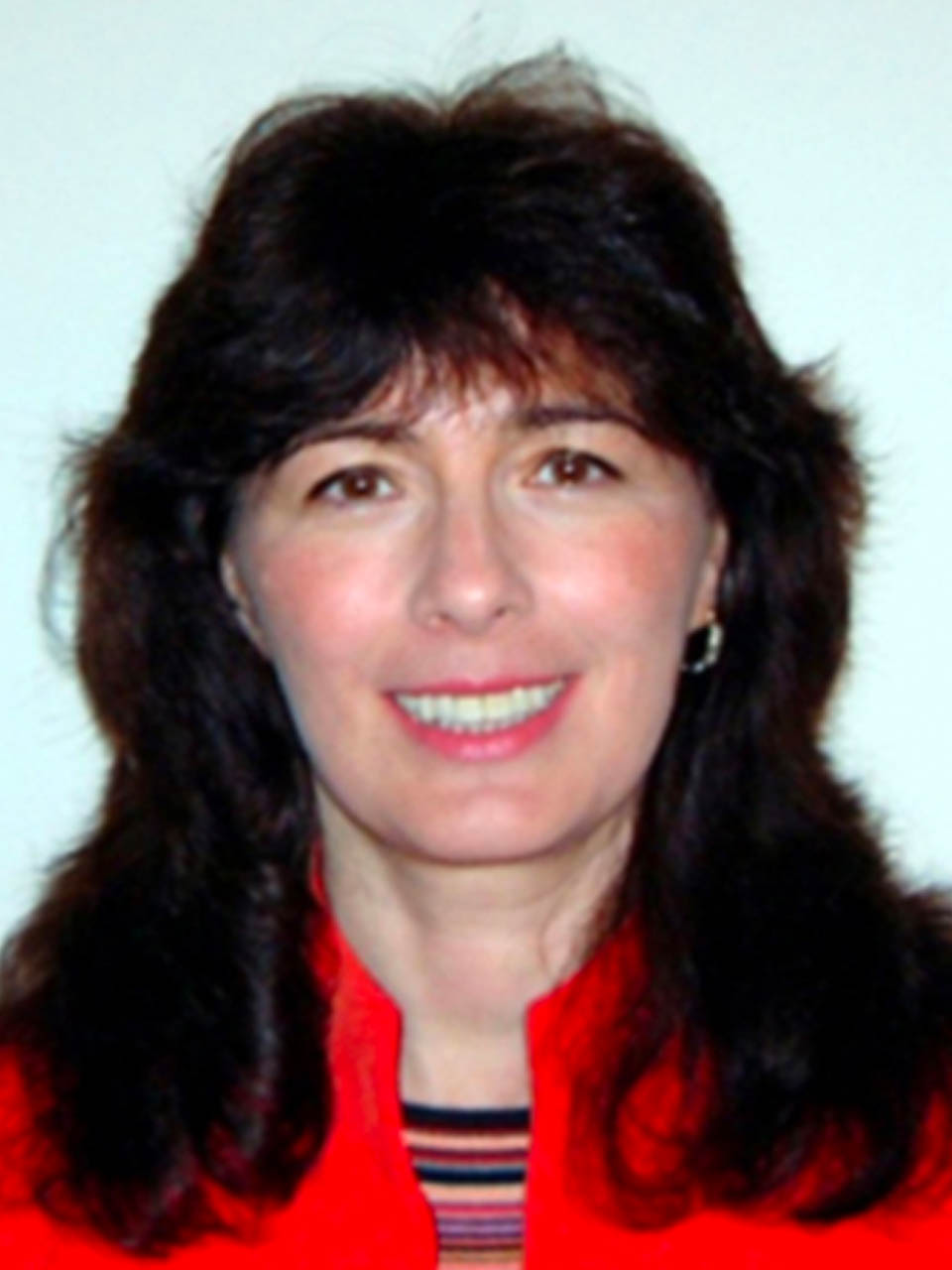
Lee Cronin FRSE
Regius Professor of Chemistry, Alexander von Humboldt research fellow, University of Bielefeld
The work of Lee Cronin, PhD, focuses on understanding and controlling self-assembly and self-organization in Chemistry to develop functional molecular and nano-molecular chemical systems (including solar fuel systems); linking architectural design with function and recently engineering system-level functions (e.g. coupled catalytic self-assembly, emergence of inorganic materials and fabrication of inorganic cells that allow complex cooperative behaviors). Much of this work is converging on exploring the assembly and engineering of emergent chemical systems aiming towards ‘inorganic biology’. This work has been presented in over 300 papers and 250 lectures worldwide. It is also worth pointing out that the expertise in the Cronin group (which numbers over 50 people and > £10 M in funding) is unique bringing together inorganic / synthetic chemists, chemical engineers, complex system modelling, evolutionary theory, robotics and AI.
Professional Career: 2013-Regius Professor of Chemistry. Alexander von Humboldt research fellow (Uni. of Bielefeld); 1997-1999: Research fellow (Uni. of Edinburgh); 1997: Ph.D. Bio-Inorganic Chemistry, Uni. of York; 1994 BSc. Chemistry, First Class, Uni. of York. Prizes include 2013 BP/RSE Hutton Prize, 2012 RSC Corday Morgan, 2011 RSC Bob Hay Lectureship, a Wolfson-Royal Society Merit Award in 2009, Election to the Royal Society of Edinburgh in 2009.
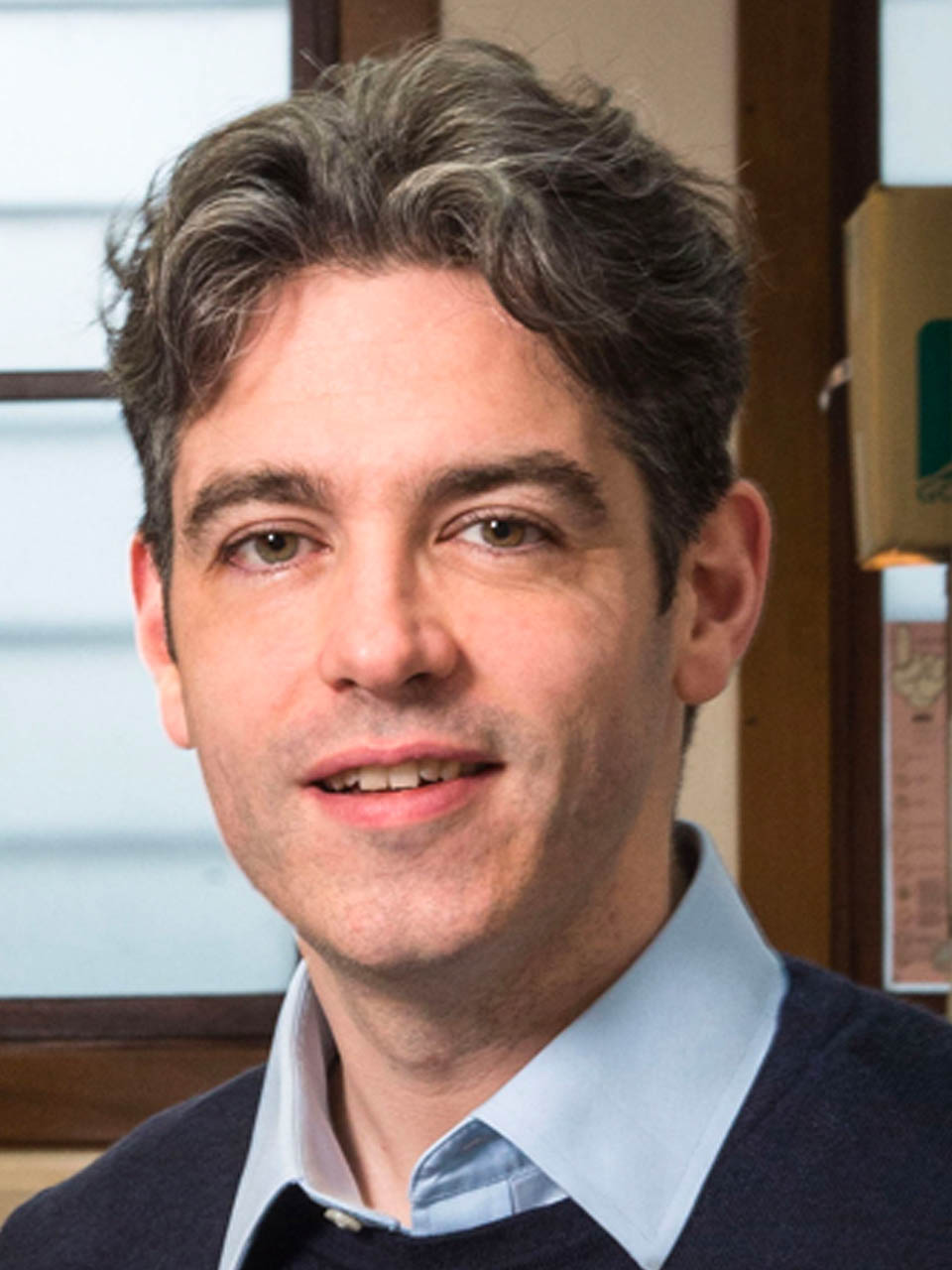
David Lynn
Regius Professor of Chemistry, Alexander von Humboldt research fellow, Emory University
David G. Lynn, PhD, has contributed in the general areas of molecular recognition, synthetic biology and chemical evolution, and has developed chemical and physical methods for the analysis of supramolecular self-assemblies, of signal transduction in cellular development and pathogenesis, of molecular skeletons for storing and reading information, and of the evolution of biological order.
After a fellowship at Columbia University and teaching briefly at the University of Virginia and Cornell University, he served as Professor of Chemistry at the University of Chicago until 2000. In that year he moved to accept the Asa Griggs Candler Professorship in Chemistry and Biology at Emory University. In 2002, Lynn was awarded one of 20 inaugural Howard Hughes Medical Institute Professorships and the 2011 Emory Scholar Teacher Award for pioneering several science/arts collaborations for communicating science. He served as Chair of the Department of Chemistry from 2006-15, as a fellow of the American Association for the Advancement of Science since 2011, and received the ACS Herty Award in 2013.
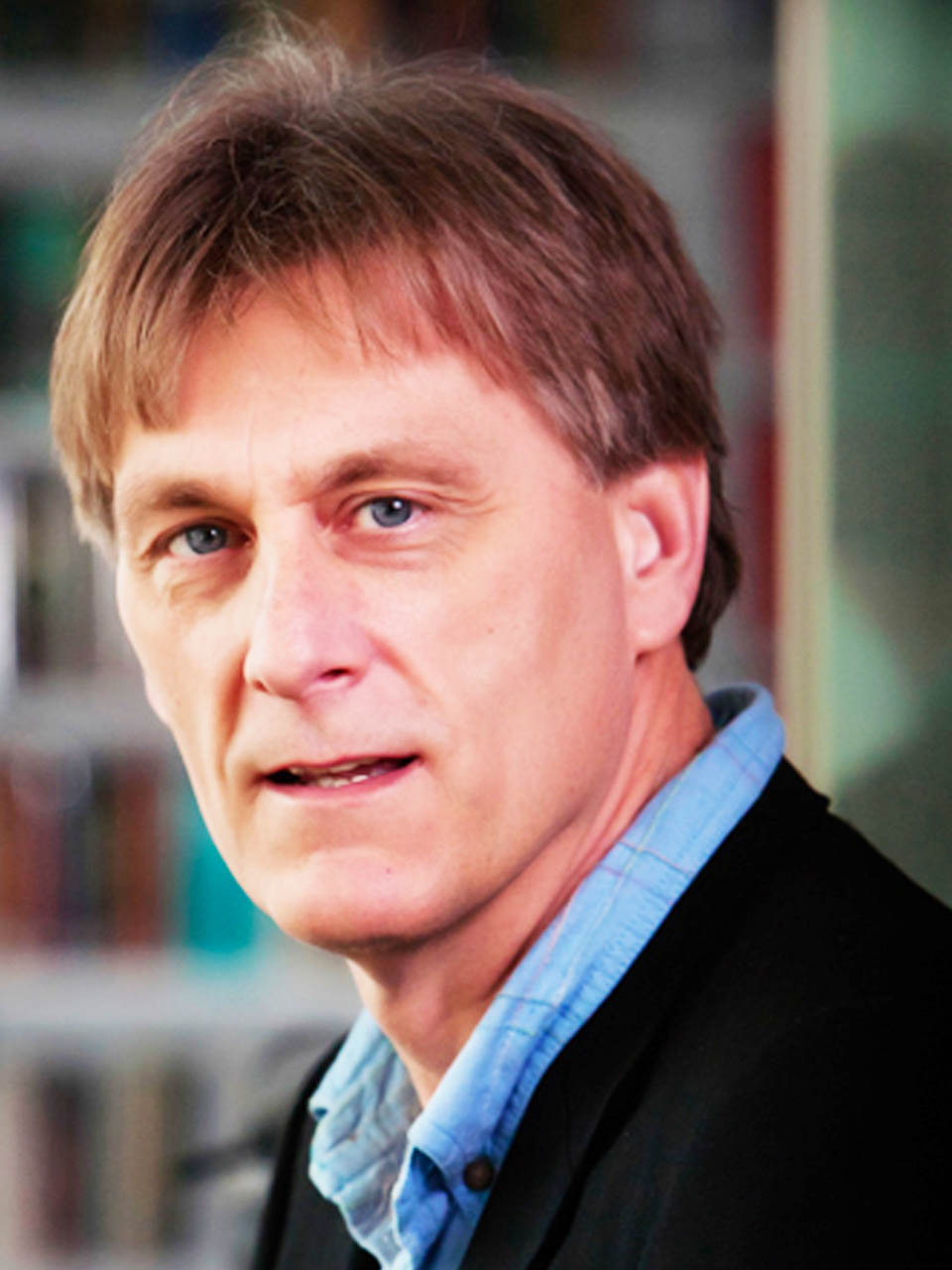
Samuel I. Stupp
Board of Trustees Professor of Materials Science and Engineering, Chemistry, Medicine, and Biomedical Engineering, Northwestern University
Samuel I. Stupp, PhD, is Board of Trustees Professor of Materials Science and Engineering, Chemistry, Medicine, and Biomedical Engineering at Northwestern University. He directs at Northwestern the Simpson Querrey Institute for BioNanotechnology and the Energy Frontiers Research Center for Bio-Inspired Energy Science funded by the Department of Energy. Professor Stupp is a member of the National Academy of Engineering, the American Academy of Arts and Sciences, and the Spanish Royal Academy. He is a fellow of the American Physical Society and the Materials Research Society, and his awards include the Department of Energy Prize for Outstanding Achievement in Materials Chemistry, the Materials Research Society Medal Award, the American Chemical Society Award in Polymer Chemistry, the American Chemical Society Ronald Breslow Award for Achievement in Biomimetic Chemistry, and the International Award from The Society of Polymer Science in Japan. He has received honoris causa doctorates from Eindhoven Technical University in the Netherlands, the University of Gothenburg in Sweden, and the National University of Costa Rica.
